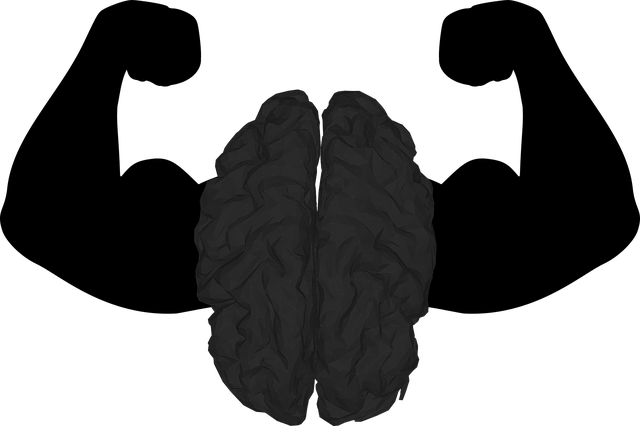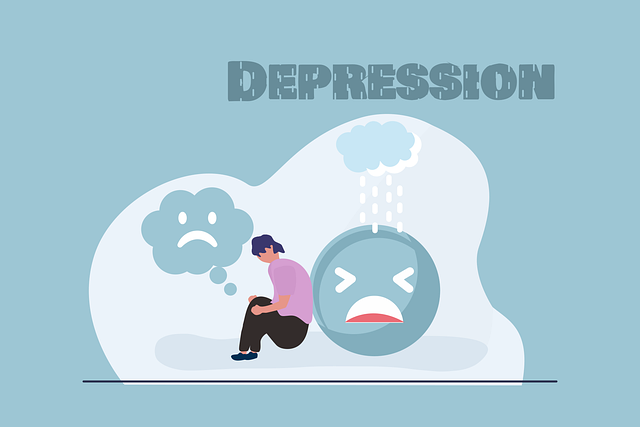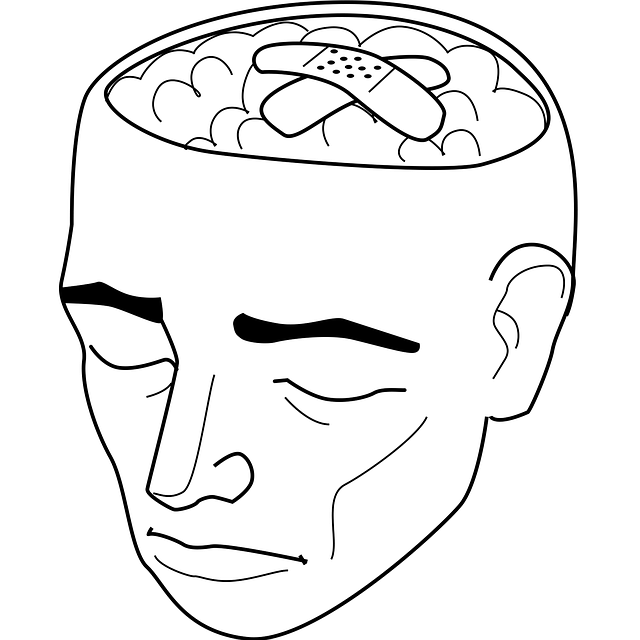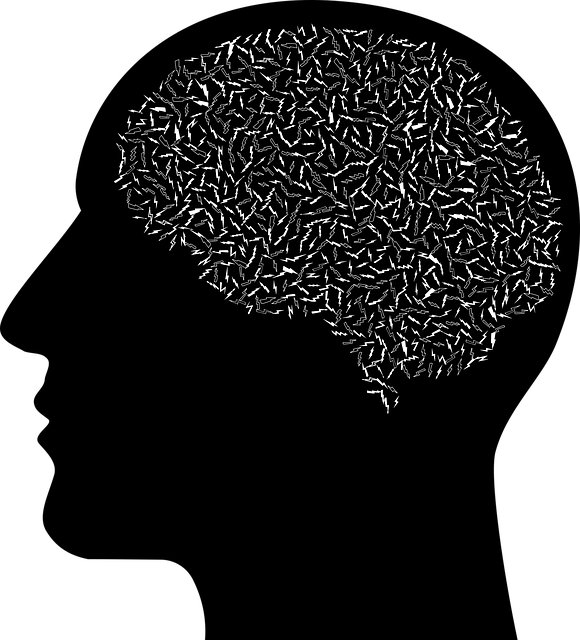Russian-speaking adolescent teens face unique mental health challenges due to language barriers and cultural stigma. To address this, specialized therapy initiatives in Russia incorporate cultural sensitivity, burnout prevention for healthcare providers, and Mind Over Matter principles, empowering teens with coping mechanisms. Advocacy groups promote open dialogue about mental well-being through school programs, online resources, and peer support groups. Leveraging mental wellness podcasts as tools for destigmatization and awareness helps Russian-speaking teens proactively manage their emotional health. Tailoring therapeutic approaches to cultural sensitivity ensures effective support for this vulnerable population.
Mental health advocacy plays a pivotal role in shaping the well-being of young individuals, especially within diverse communities like Russia’s. This article explores the unique mental health landscape for adolescent teens in Russia, delving into the challenges faced by Russian-speaking communities in accessing therapy. We highlight impactful advocacy initiatives targeting youth mental health and present effective strategies to promote wellbeing. Additionally, it discusses efforts to enhance and expand therapy services tailored to the specific needs of Russian-speaking adolescents.
- Understanding the Mental Health Landscape for Adolescent Teens in Russia
- The Unique Challenges of Russian-Speaking Communities in Accessing Therapy
- Advocacy Initiatives Targeting Youth Mental Health in Russia
- Effective Strategies for Promoting Mental Wellbeing Among Teens
- Supporting and Expanding Therapy Services for Russian Speaking Adolescents
Understanding the Mental Health Landscape for Adolescent Teens in Russia

The mental health landscape for adolescent teens in Russia presents unique challenges and opportunities. With a growing awareness of mental wellness issues among youth, there’s an increasing demand for tailored support services, especially in Russian-speaking communities. Therapy for adolescent teens has evolved to incorporate diverse approaches, addressing not just common disorders but also the cultural nuances that shape young people’s experiences.
Initiatives such as the Mental Wellness Podcast Series Production aim to bridge the gap by providing accessible resources and sharing stories of resilience. Additionally, burnout prevention strategies for healthcare providers are crucial in ensuring sustainable support for these vulnerable populations. Incorporating Mind Over Matter principles empowers teens to develop coping mechanisms that foster mental fortitude and overall well-being.
The Unique Challenges of Russian-Speaking Communities in Accessing Therapy

The unique cultural and linguistic barriers faced by Russian-speaking communities present distinct challenges when accessing therapy for adolescent teens. Language differences can create a significant hurdle, making it difficult for young people to express their thoughts and feelings effectively. This communication gap often results in misdiagnosis or delayed treatment, as mental health professionals may struggle to understand the nuances of their experiences. Moreover, cultural stigma surrounding mental illness is prevalent within these communities, leading many teens to avoid seeking help due to fear of judgment or lack of awareness about available resources.
Initiatives aimed at fostering mental well-being among Russian-speaking adolescents should prioritize culturally sensitive approaches. This involves training therapists in compassion cultivation practices and mind over matter principles tailored to this demographic. Encouraging peer support groups, led by trained facilitators, can provide a safe space for teens to connect, share experiences, and develop coping skills development. By incorporating these strategies, we can enhance accessibility to therapy and ensure that Russian-speaking teen patients receive the compassionate care they deserve.
Advocacy Initiatives Targeting Youth Mental Health in Russia

In Russia, mental health advocacy initiatives have been increasingly focusing on the unique challenges faced by adolescent teens in the Russian-speaking community. Given the cultural and linguistic context, specialized therapy for adolescent teens in Russian speaking environments is crucial. Many programs are designed to not only provide direct mental health services but also to foster a culture of open dialogue around stress reduction methods and positive thinking. These initiatives recognize that improving self-esteem is a key component of overall well-being among young people.
Through community outreach, school-based programs, and online resources, advocates aim to destigmatize mental health issues and encourage young Russians to seek support. The efforts are particularly targeted at addressing growing concerns related to rising stress levels and the impact of social media on adolescent teens’ mental health. By promoting self-care practices and positive coping mechanisms, these advocacy initiatives strive to empower young individuals to navigate their emotional well-being in a supportive and inclusive environment.
Effective Strategies for Promoting Mental Wellbeing Among Teens

Promoting mental wellbeing among teens requires a multifaceted approach that caters to their unique needs and challenges. Effective strategies include empathy building strategies that foster open communication and understanding. By creating safe spaces where teens feel heard and supported, professionals can encourage them to share their feelings and seek help when needed. This is especially crucial for Russian-speaking adolescent teens who may face cultural barriers or a lack of access to appropriate therapy for adolescent teens Russian speaking.
Additionally, incorporating mental wellness podcast series production into advocacy efforts can be powerful. Podcasts offer an accessible medium to discuss mental health topics, share personal stories, and provide practical tips on stress management. These platforms can help reduce stigma and increase awareness among teens, empowering them with knowledge and tools to maintain their mental wellbeing. Regular exposure to such resources can contribute significantly to a teen’s ability to recognize and address potential mental health issues early on.
Supporting and Expanding Therapy Services for Russian Speaking Adolescents

Supporting and expanding therapy services for Russian-speaking adolescents is a vital initiative within the broader mental health advocacy landscape. This demographic often faces unique challenges due to cultural barriers, language differences, and limited access to specialized care tailored to their linguistic and ethnic backgrounds. By addressing these gaps, we not only empower young individuals but also promote the integration of Mind Over Matter principles into their healing journeys.
Public awareness campaigns development focused on destigmatizing mental health issues within Russian-speaking communities is a key strategy. These initiatives should highlight the availability and benefits of therapy for adolescent teens while incorporating elements of cultural sensitivity in mental healthcare practice. Tailoring therapeutic approaches to respect cultural nuances fosters trust, encourages engagement, and enhances the overall effectiveness of treatment. This inclusive approach ensures that all adolescents, regardless of their linguistic or ethnic identity, can access the support they need to thrive.
Mental health advocacy initiatives play a pivotal role in addressing the unique challenges faced by adolescent teens in Russia, particularly those from Russian-speaking communities. By understanding the specific landscape and implementing targeted strategies, such as expanding therapy services, we can significantly improve access to care. Effective programs that promote mental wellbeing among teens, tailored to their cultural context, are essential steps towards ensuring a healthier future for this vulnerable population. Focusing on therapy for adolescent teens Russian speaking individuals is crucial in breaking down barriers and fostering a supportive environment where mental health is prioritized.














